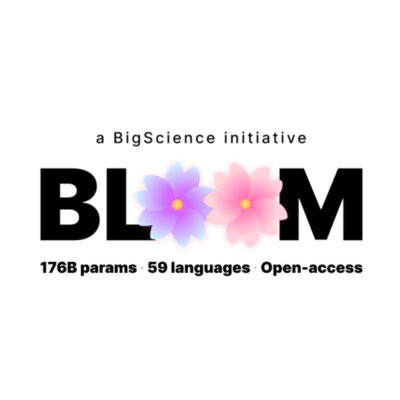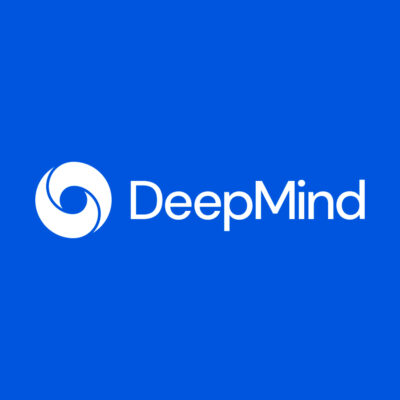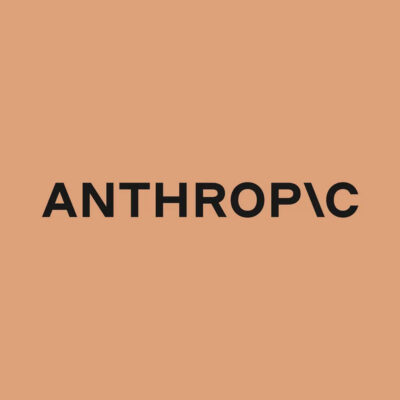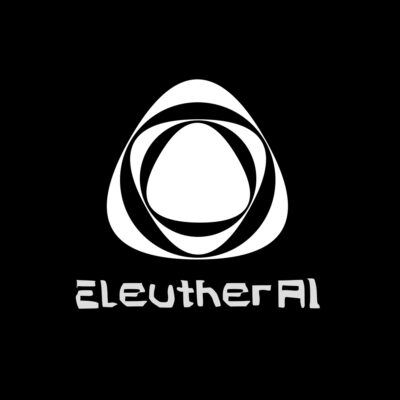Compare Models
-
BigScience
BLOOM
FREEBigScience Large Open-science Open-access Multilingual Language Model (BLOOM) is a transformer-based LLM. Over 1,000 AI researchers created it to provide a free large language model for everyone who wants to try and it is a multilingual LLM. BLOOM is an autoregressive Large Language Model (LLM), trained to continue text from a prompt on vast amounts of text data using industrial-scale computational resources. It can output coherent text in 46 languages and 13 programming languages. It is free, and everybody who wants to can try it out. To interact with the API, you’ll need to request a token. This is done with a post request to the server. Tokens are only valid for two weeks. After which, a new one must be generated. Trained on around 176B parameters, it is considered an alternative to OpenAI models. There is a downloadable model, and a hosted API is available. -
Deepmind
Chinchilla AI
OTHERGoogle’s DeepMind Chinchilla AI is still in the testing phase. Once released, Chinchilla AI will be useful for developing various artificial intelligence tools, such as chatbots, virtual assistants, and predictive models. It functions in a manner analogous to that of other large language models such as GPT-3 (175B parameters), Jurassic-1 (178B parameters), Gopher (280B parameters), and Megatron-Turing NLG (300B parameters) but because Chinchilla is smaller (70B parameters), inference and fine-tuning costs less, easing the use of these models for smaller companies or universities that may not have the budget or hardware to run larger models.
-
Anthropic
Claude 2 – API version
$0.03268Anthropic’s Claude 2 much larger context window (launching with 100k for now but will go up to 200K).will make it possible to feed it entire books or have it generate entire books at once.Claude 2 scored 76.5 percent on the multiple choice section of the Bar exam and in the 90th percentile on the reading and writing portion of the GRE. Its coding skills have improved from its predecessor scoring 71.2 percent on a Python coding test compared to Claude’s 56 percent.Claude 2 is also 63% cheaper on inputs and 46% cheaper on outputs than the GPT-4 8K context version (the default version of the OpenAI model). -
OpenAI
Claude 2 (Web Browser Version)
FREEAnthropic’s Claude 2 is now available to the public if you’re in the US or UK. For the web browser version. just click “Talk to Claude,” and you’ll be prompted to provide an email address. After you confirm the address you enter, you’ll be ready to go.Claude 2 scored 76.5 percent on the multiple choice section of the Bar exam and in the 90th percentile on the reading and writing portion of the GRE. Its coding skills have improved from its predecessor scoring 71.2 percent on a Python coding test compared to Claude’s 56 percent. While the Google-backed Anthropic initially launched Claude in March, the chatbot was only available to businesses by request or as an app in Slack. With Claude 2, Anthropic is building upon the chatbot’s existing capabilities with a number of improvements. -
Anthropic
Claude Instant
$0.00551Claude Instant is a faster and less expensive model than Claude-v1 that can handle casual dialog, text analysis and summarization, and document Q&A. Optimized for low latency, it handles high throughput use cases at lower costs that other Claude family of models. Anthropic is an AI startup founded by former OpenAI employees. Anthropic specializes in developing general AI systems and language models, with a company ethos of responsible AI usage.API access can be gained after application. -
Anthropic
Claude Instant v1
$0.03268A powerful model, Claude-v1 can handle sophisticated dialog, creative content generation, and detailed instructions. Optimized for superior performance on tasks that require complex reasoning, Claude is Anthropic’s best-in-class offering.API access can be gained after application. -
EleutherAI
GPT-J
FREEEleutherAI is a leading non-profit research institute focused on large-scale artificial intelligence research. EleutherAI has trained and released several LLMs and the codebases used to train them. GPT-J can be used for code generation, making a chat bot, story writing, language translation and searching. GPT-J learns an inner representation of the English language that can be used to extract features useful for downstream tasks. The model is best at what it was pretrained for, which is generating text from a prompt. EleutherAI has a web page where you can test to see how the GPT-J works, or you can run GPT-J on google colab, or use the Hugging Face Transformers library. -
EleutherAI
GPT-NeoX-20B
FREEEleutherAI has trained and released several LLMs and the codebases used to train them. EleutherAI is a leading non-profit research institute focused on large-scale artificial intelligence research. GPT-NeoX-20B is a 20 billion parameter autoregressive language model trained on the Pile using the GPT-NeoX library. Its architecture intentionally resembles that of GPT-3, and is almost identical to that of GPT-J- 6B. Its training dataset contains a multitude of English-language texts, reflecting the general-purpose nature of this model. It is a transformer-based language model and is English-language only, and thus cannot be used for translation or generating text in other languages. It is freely and openly available to the public through a permissive license.





